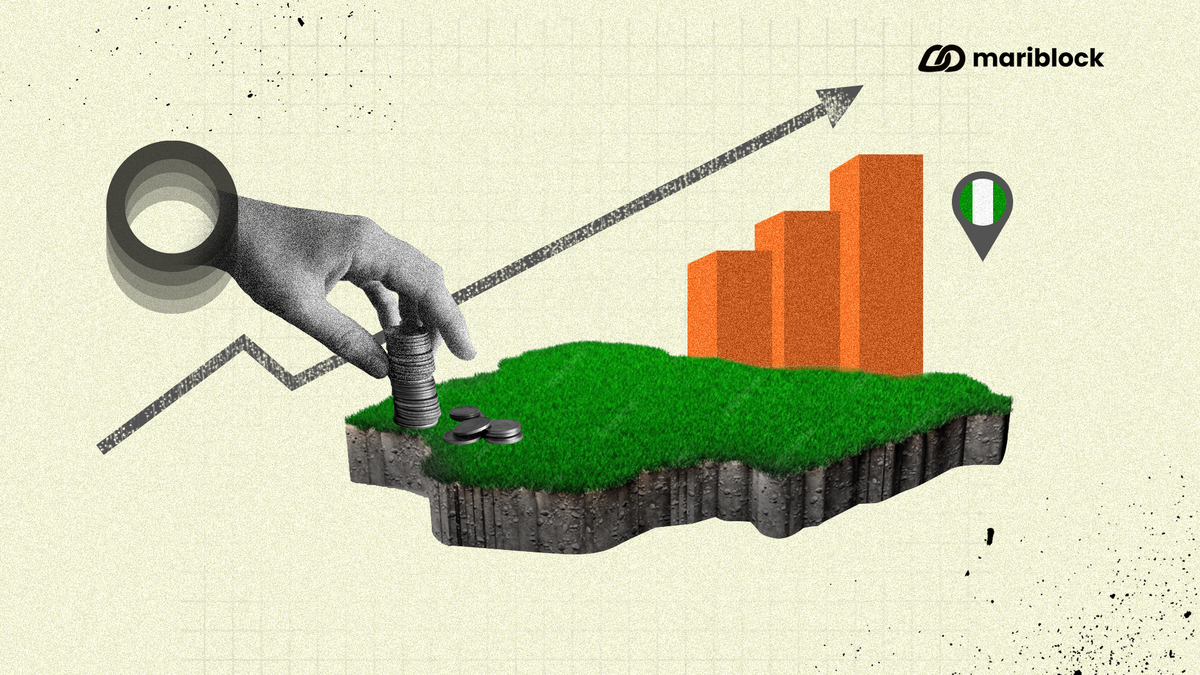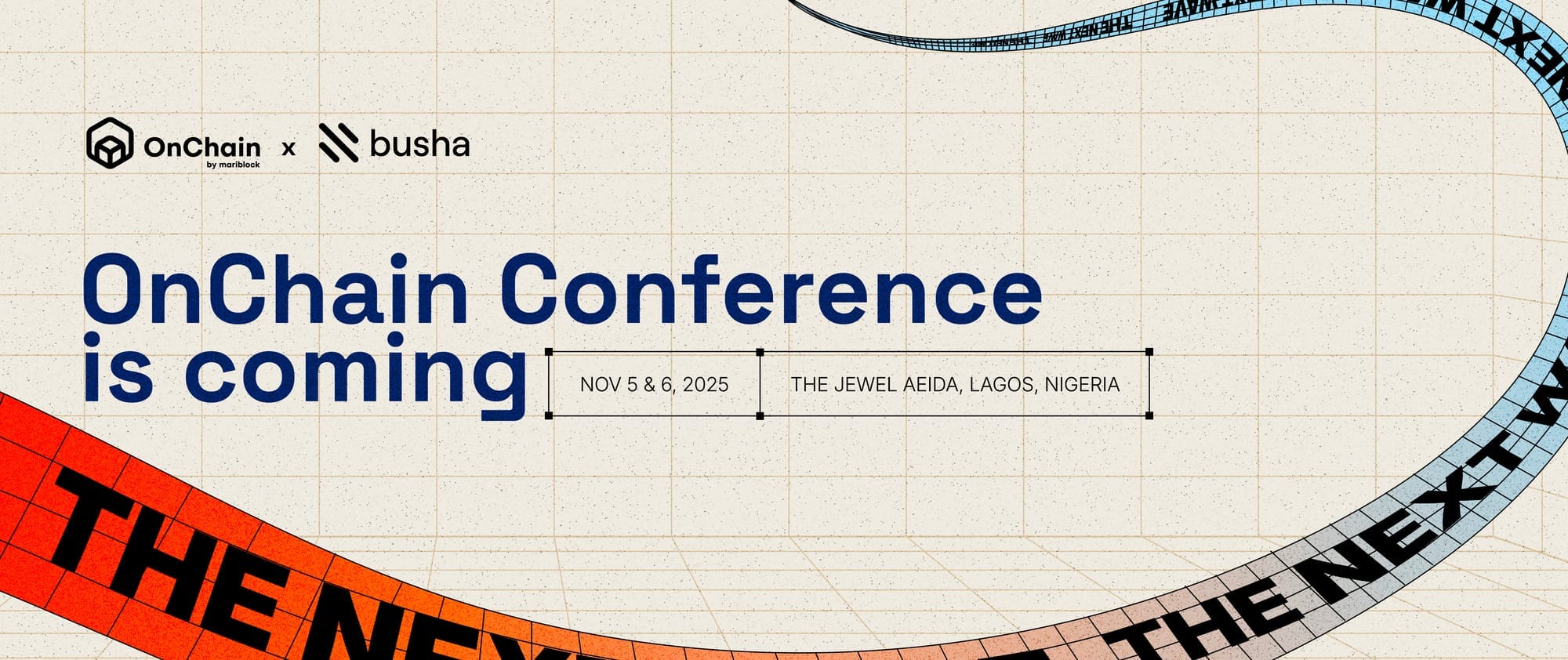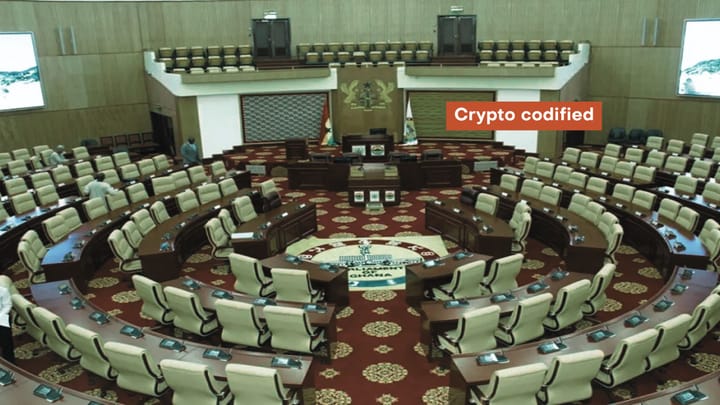Luno expands access to tokenized US stocks to Nigeria
Nigerians can now invest as little as ₦100 in stocks of companies such as Apple, Meta and NVIDIA through Backed Finance-owned xStocks.

Cryptocurrency exchange Luno has now expanded its product allowing African users to invest in United States stocks into Nigeria. The expansion comes just over a month after the firm debuted the feature in South Africa.

The details
- According to reports, the feature went live in Nigeria yesterday, September 8, and will allow the exchange’s Nigerian users to invest in tokenized and fractionalized US stocks with the Nigerian naira.
- Luno partnered with xStocks, a tokenized stock product platform, to enable investment in these US-based stocks.
- Owned by the tokenized real-world assets (RWAs) firm Backed Finance, xStocks launched on Ethereum last week after having gone live on three other chains previously.
Be Smart: Tokenized stocks and equities
Tokenized stocks are blockchain-based tokens pegged one-to-one and designed to track the price movements of real stocks. They offer lower trading costs, faster settlement times and are available all day, all year round, unlike regular stocks which are only traded during traditional trading hours.
A major advantage of tokenized stocks is the democratization of access, allowing people globally to invest in the stocks of companies based in jurisdictions far from where they reside.
- The platform provides access to digitized versions of approximately 60 U.S. stocks, including those from reputable global companies such as Amazon, Meta, NVIDIA and Tesla.
- The partnership with Luno allows Nigerian users to access these stocks on the exchange.
- Luno has not obtained regulatory approval from the Nigerian government yet. However, it has applied to join the Nigerian Security and Exchange Commission (SEC)’s incubation program and is awaiting approval.
How it works
- Instead of buying a full unit of stocks at costs that may prove too expensive for Nigerians, users get the chance to invest in fractions, made possible by tokenization.
- Unlike South Africa, where the least amount that users can invest is R20 ($1.13), Nigerians can invest as little as ₦100 ($0.07).
- The exchange charges a 2% fee on each tokenized stock trade. It hopes that as adoption grows, it can earn more money from these fees.
Key quotes
- Ayotunde Alabi, Luno Nigeria’s CEO, told TechCabal:
“Tokenized stocks address a real need by letting people invest in top global companies easily, something previously out of reach due to high costs and complex procedures... Our end goal is to build a comprehensive digital investment ecosystem that empowers every type of investor. Financial inclusion is a major priority; tokenization enables someone with just a few thousand naira to gain exposure to global stocks, which was impossible before.”
- On how compliant the feature is with the SEC’s regulations, Alabi said:
“Nigeria’s Investment and Securities Act (2025) actually provides clarity here. It defines a digital asset as any token that represents a debt or equity claim or is otherwise used for investment. By that definition, our tokenized stocks clearly qualify as securities, and we treat them as such. We align with that and ensure compliance, including continuous dialogue with regulators.”
Zoom out
- Luno’s tokenized stocks feature launch comes after Nigerian investments firm Risevest announced a similar feature in partnership with Nigerian crypto exchange, Xend Finance.
- Via the partnership, Risevest will help Xend Finance’s users earn yields on their stablecoin holdings by investing them in US-based tokenized equities and RWAs.
- However, due to regulations, the partnership was made possible by Risevest’s Caribbean entity rather than its African faction.
- According to Risevest’s CEO Eke Urum, regulations remain the biggest barrier to the adoption of features such as these. He told Mariblock:
“As a company that is registered and licensed in the US, we found that it's becoming easier and more advantageous to focus on our US side with more of our crypto initiatives because that gives you much better access to the rest of the world. I think that African regulators should probably consider being a bit more— it’s risky— open-minded about making crypto something that they accept.”



